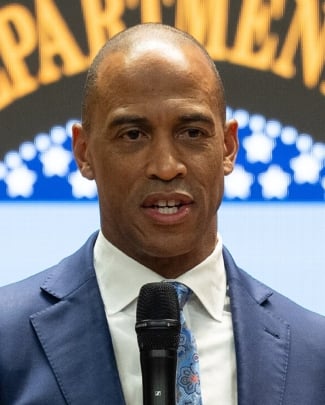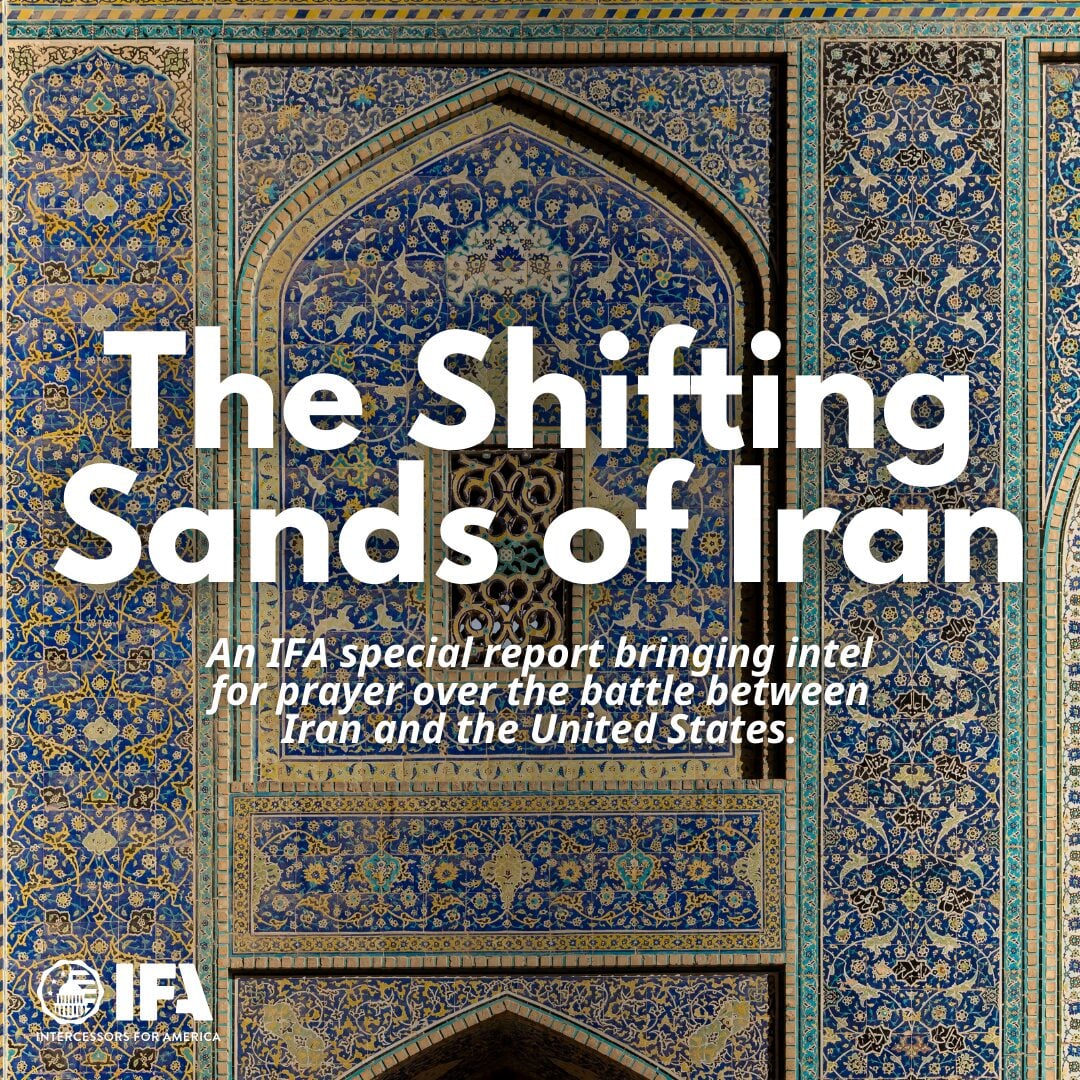GAMESTOP STOCK BATTLE HEATS UP & CONTINUES
FACEBOOK BANS BIBLE SCHOLAR FOR FIGHTING TRANSGENDERISM
U.S. ORDERS TERROR ALERT FOR ANTI-GOV EXTREMISTS–OR CONSERVATIVES?
A DREAM ABOUT A POWERFUL PRAYER
STATE ATTORNEY GENERALS TO BIDEN: YOU ARE OVERSTEPPING YOUR AUTHORITY
GAMESTOP STOCK BATTLE HEATS UP & CONTINUES
. . .Wall Street investors have been betting that struggling video game retailer GameStop would fail for a long time. But over the past few months, a bunch of Reddit users have been pushing up the value of GameStop shares instead. At first, it was because they believed the company was better off than the Wall Street doubters believed. But as GameStop value has soared, Wall Street’s bad bets have cost the investors billions of dollars.
Now, the Reddit users are in it to win an epic battle against Wall Street too.
At one point, the Reddit users from the forum r/WallStreetBets have sent the stock up more than 14,300% (you read that right), though it’s gone through wild fluctuations. They’ve spread their strategy to struggling movie chain AMC, too. In their wake, these online market players have upended Wall Street, creating a drama filled with memes, app trading disasters and weird internet lingo as big-time investors have lost billions of dollars. . . .
Despite the move being characterized as “insane” and a “Ponzi scheme,” GameStop’s stock has become the battleground of a war between Wall Street and internet traders, with nearly all of them expecting it to fail. The questions are when, and who will be on the losing end. . . .
It all started last week, when posters on the Reddit stock trading chat community r/WallStreetBets pushed up shares in the struggling game retailer. With much of Wall Street betting against GameStop’s success, WallStreetBets investors believed they could force a market rally by creating demand where there had been little before.
As a result, GameStop stock jumped more than 822%, from $17.25 per share at the beginning of the year to a high of $159.18 on Monday. Then it dropped by nearly half, only to rise back up to $147.98 on Tuesday. And then Musk tweeted about it to his 43 million followers (using that weird internet vocabulary, of course), and the price jumped 40% in after-hours trading. On Wednesday, it closed at $347.51 per share, before dropping again in after-hours trading.
On Thursday, it jumped even higher, to $483 per share, before halving again. Amid all the chaos, the New York Stock Exchange temporarily halted GameStop share trading more than a dozen times before midday Thursday. It ended the normal trading day down 44% to $193.60, only to jump back. . . .
So far, they’ve pushed shares up more than double from $6.58 per share, where they started at the beginning of the year. On Tuesday, the stock closed at $18.92. On Wednesday, it closed regular trading at $25.10, though it’s fallen since then to $14.65.
There’s also AMC. Reddit targeted that one, spawning the hashtag #SaveAMC on Twitter too. Its stock jumped from $2 per share last week to close trading at $19.90 on Wednesday. It too fell in after-hours trades, and after jumping on Thursday, fell again to close at $8.63.
App-based traders Robinhood, TD Ameritrade and WeBull responded to the fluctuations by restricting trades of GameStop, AMC and other fast-moving stocks on their services.
Robinhood drew particular ire, leading US Reps. Rashida Tlaib and Alexandria Ocasio-Cortez, as well as Sen. Ted Cruz, to criticize its decision. At least one class action lawsuit has been filed already too. . . .
How’d this happen?
Effectively, the WallStreetBets crowd realized Wall Street made a huge mistake. People known as short sellers who were betting GameStop stock would fall had been too aggressive.
The WallStreetBets crowd understood that if they could create artificial demand for GameStop shares with their own money, they could force Wall Street to recalibrate its bets, pushing prices even higher. And some investors who couldn’t even back up their bets against GameStop, would have to pay even more.
As of Wednesday, there were 3.8 million members of the WallStreetBets community, though it’s nearly impossible to determine how many people are involved in the GameStop, AMC and BlackBerry schemes. . . .
How does this short selling work?
When people buy a stock normally, they’re betting it’ll rise or share enough profits that they’ll make more money than they put in.
Short sellers, or “shorts,” do the opposite. Shorts trade with borrowed shares and sell them, with hopes they can make money if the stock falls in the future. . . .
When a short is right, betting against a company, they can make a lot of money. But if they’re wrong, they can lose a lot more money too.
There are other options and tools to bet against a company’s future as well.

How much money did the GameStop shorts lose?
The losses appear to be tremendous. As of Wednesday, shorts seemed to have lost $5 billion betting against GameStop this year, according to Investopedia. About $1.6 billion, or about half, of those losses happened on Friday when the stock jumped 51%. . . .
That seems like a lot of money
It is, but what’s perhaps an even bigger indication of how dramatic these moves were, GameStop share sales were halted during Monday’s trading because they were moving too fast. . . .
These wild swings won’t continue forever, will they?
Part of what’s driven this behavior is the popularity of retail investing, or when traders who aren’t Wall Street professionals buy and sell stocks. Stock trading apps, often with no fees, have made it easy for people to jump into the market. And social media has helped people to rally together, egging one another on to buy more and more of a stock.
“GameStop’s rally is one in a series of eye-catching market moves to stir concerns among fund managers, some of whom say trading by individual investors is pushing stock prices out of whack with fundamentals,” the Wall Street Journal wrote Monday.
How’s Wall Street responding?
Big name trading apps like Robinhood, ETrade and others have reportedly struggled to remain online amid all the hysteria. TD Ameritrade on Wednesday acted to restrict the sudden spikes in demand, “out of an abundance of caution amid unprecedented market conditions.”
Robinhood has also come under particular scrutiny for appearing to severely restrict trades of some stocks while the market was wildly fluctuating Thursday. Politicians on both sides of the aisle in the US have called for an investigation into the app maker. Meanwhile, many angry Redditors say they’ll stop using Robinhood. Some have even threatened to join a class action lawsuit. . . .
What do the companies think of all this?
GameStop didn’t respond to a request for comment. BlackBerry executives told MarketWatch it was “not aware” of any reason for the recent trading activity. BlackBerry did reach a settlement with Facebook earlier this month over a patent fight, though the terms were not disclosed.
Why are the Redditors doing this?
There’s the seeming easy money aspect, which is compelling in and of itself if you’re that comfortable with risk. But some of them are also framing this as a crusade against Wall Street. “We’re in a war,” one Redditor posted Wednesday. “A war for the redistribution of wealth.”
You promised me Elon Musk, how’s he involved?
Aside from being a prolific Twitter user, Musk has also recently learned he can drive people to various companies’ stocks. . . .
This sounds nuts
It is. And just watching it is enough to make your head spin. For example, on Wednesday evening, the popular chat app Discord banned the WallStreetBets community from its service for violating its rules against hate speech and glorification of violence. . . .
That appeared to spook investors, who suddenly sent GameStop and AMC stock diving more than 30% each in after-hours trading.
A little over an hour later, the Reddit community was publicly available again, denizens had created a new Discord chat group, and GameStop and AMC stocks were recovering from their sudden slumps. If you’d put down your phone to watch a movie before it happened, you might never have noticed by the time it was done. . . .
OK, and what about The Big Short guy?
Michael Burry is an interesting subject himself. He became famous for betting against the housing market before the great recession kicked in around 2007 and 2008. He’d invested in GameStop, but also said he believed all this behavior was “unnatural, insane and dangerous.” . . .
Should I try to get in on the frenzy?
It’s always smart to consult a financial professional before making investing decisions.
Correction Jan. 25 at 5:52 p.m. PT: Fixed the explanation of short selling to make clear how the process works and that there are different ways to bet against a company’s stock price rising. . . .
(Excerpt from C Net Personal Finance. Article by Ian Sherr. Photo Credit: Getty Images.)
Share your comments on this GameStop battle in the comments below. . .
Partner with Us
Intercessors for America is the trusted resource for millions of people across the United States committed to praying for our nation. If you have benefited from IFA's resources and community, please consider joining us as a monthly support partner. As a 501(c)3 organization, it's through your support that all this possible.


We use cookies to ensure that we give you the best experience on our website. If you continue to use this site we will assume that you are happy with it. Privacy Policy





Comments
What a different world…